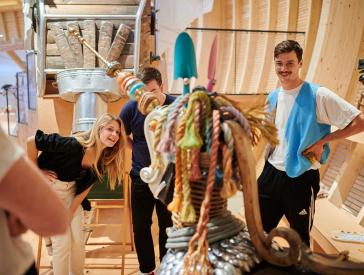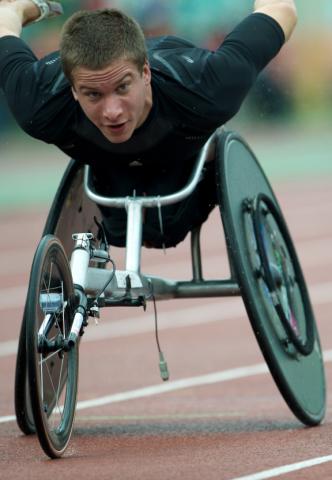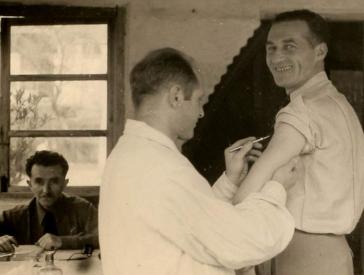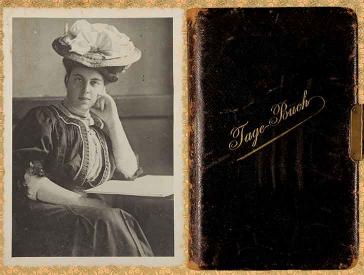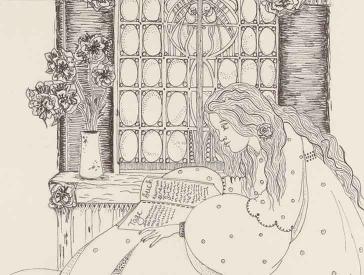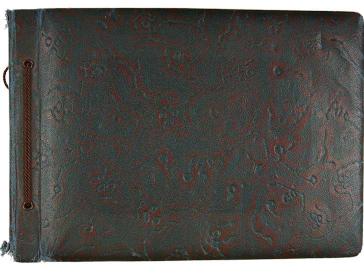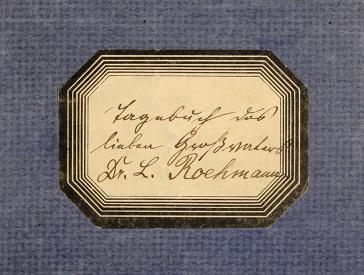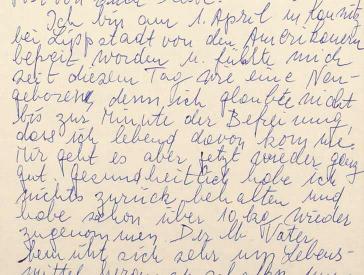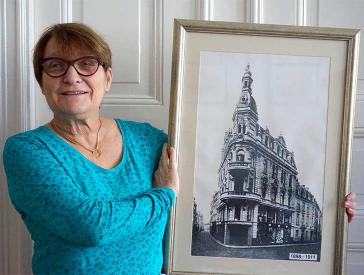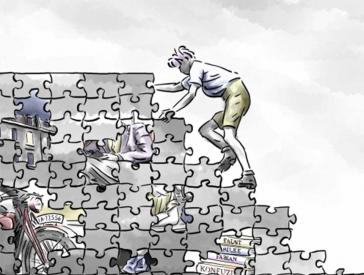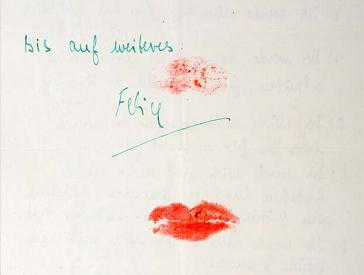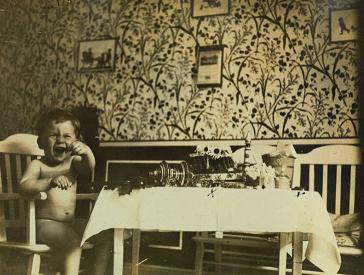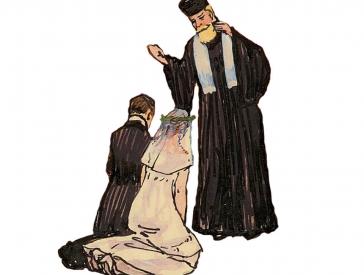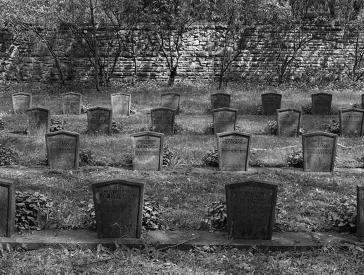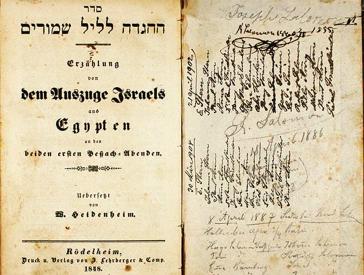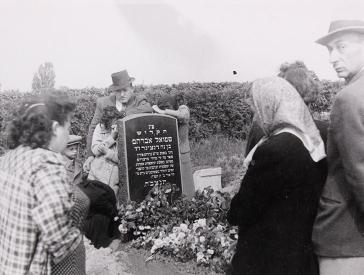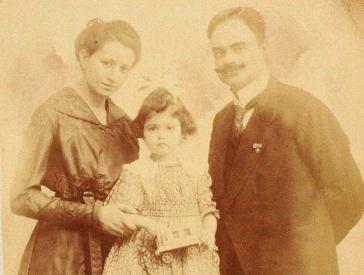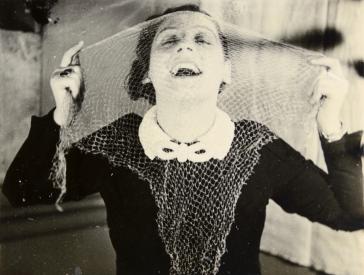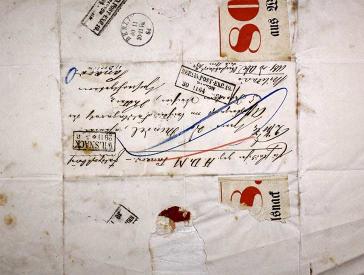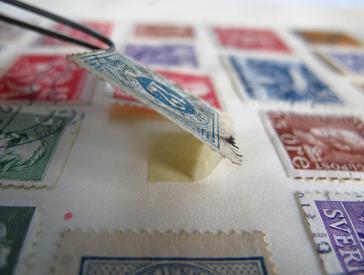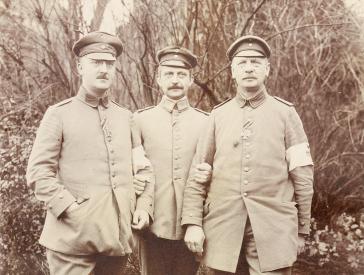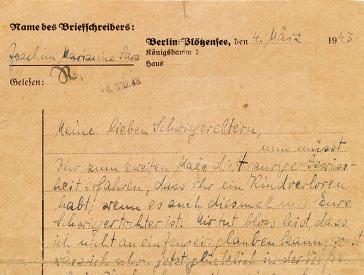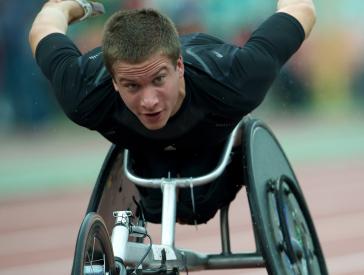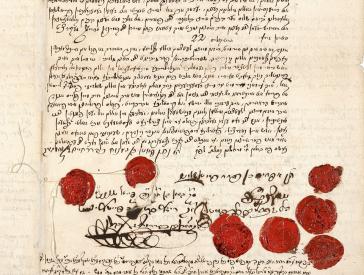Ludwig Guttmann, Father of the Special Olympics
A Pioneer like Robert Koch, a Visionary like Coubertin
In Stoke Mandeville, England, a large bronze statue was unveiled in 2012 in honor of a Jewish physician from Breslau, who – despite his moving story, his pioneering efforts, and the international significance of his work in Germany – is virtually unknown here: Ludwig Guttmann, the father of the Paralympic Games as well as the Special Olympics. More than two and a half million spectators will cheer on the over 4,000 athletes of the Paralympics in London in August 2012. Guttmann is well-known in Britain, where he was awarded the Order of the British Empire and where the BBC made a film about him entitled The Best of Men.
Ludwig Guttmann was born to an orthodox Jewish family in Tost, Upper Silesia in 1899. He grew up in Chorzów, where he worked at the hospital for the first time with paraplegics. Following his medical training in Breslau and Freiburg, he specialized in the young field of neurosurgery from 1924 and was soon considered one of its leading doctors.
After Hitler’s rise to power in 1933, Guttmann was no longer permitted to practice in a public hospital. Despite several offers from America, he stayed in Germany and took up a specialist post at the Jewish Hospital in Breslau where he later became director. When he learned of the violent excesses during the November Pogrom in 1938, he instructed his staff to admit all refugees to the hospital without examination. In spite of a Gestapo investigation at the hospital, he was able to save 60 Jewish citizens from arrest and deportation to a concentration camp.
In the spring of 1939, he and his family left Germany for the United Kingdom. There, with the help of his colleagues, he was able to continue his medical research on paraplegia – a specialization that he pursued throughout his professional life – at Oxford. In 1943, Guttmann, the exile who was by then considered an eminent authority, was asked by the British Government to establish a national center for spinal treatment. The Stoke Mandeville Hospital that treated primarily war invalids was opened under his direction the following year.
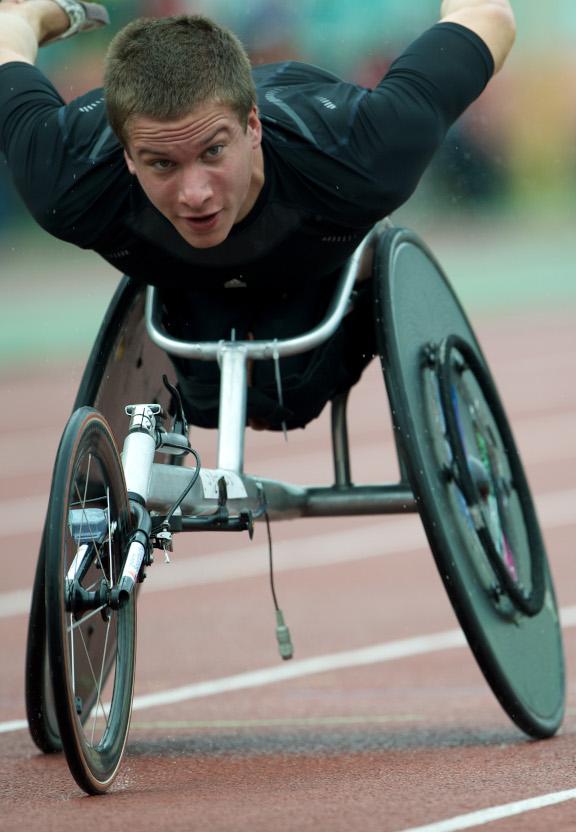
Marc Schuh, wheelchair racer (medium distance), member of the German team at the London Paralympics, 2012; Behinderten-Sportverband Berlin e.V.
Guttmann saw his primary task not only as enabling the paraplegics’ physical rehabilitation, but also uniting their confidence with their permanent disability. Up to that point, the treatment of these “hopeless cases” was confined almost exclusively to the hospital bed. As physician and pioneer, Guttmann tested various therapeutic approaches to set his disabled patients “in motion” both literally and metaphorically. When he later saw his patients in wheelchairs playing a self-conceived ball game, he came to understand the significance of sport in their own and others’ perception of their disability. It became Guttmann’s aim that his patients should leave the hospital not as “cripples,” but as confident and able-bodied members of the community, and he saw physical activity as the bridge to achieving this. Sport soon became an integral part of Stoke Mandeville’s rehabilitation program and has remained so to this day.
Guttmann, however, did not stop there. As a pioneer of holistic therapy, he recognized the possibility of public recognition and the motivation potential of competitive sport for the disabled. Three years after the war ended, he organized the first Stoke Mandeville Games to coincide with the London Olympics. These are now seen as the beginning of the Paralympics. In the years that followed, the competition grew and grew under Guttmann’s leadership and in 1960 his vision was fulfilled – parallel to the Olympic Games in Rome and under the aegis of the IOC, the International Stoke Mandeville Games was held. Since then, the Paralympics have been part of the Olympics and have become an international sporting event. Following this success, Guttmann founded the British Paralympic Association in 1961. He received numerous international awards for his service and was knighted in Britain in 1966.
Sir Ludwig Guttmann died in his country of exile in 1980. He is remembered by his numerous patients and Paralympians as “Poppa” and by the sports world as the founder and father of the Paralympics. The Jewish Museum London in an exhibition called him the “Coubertin of the lame.”
Manfred Wichmann, Archive
Citation recommendation:
Manfred Wichmann (2012), Ludwig Guttmann, Father of the Special Olympics. A Pioneer like Robert Koch, a Visionary like Coubertin.
URL: www.jmberlin.de/en/node/9645
Behind the Scenes: Anecdotes and Exciting Finds while Working with our Collections (21)

